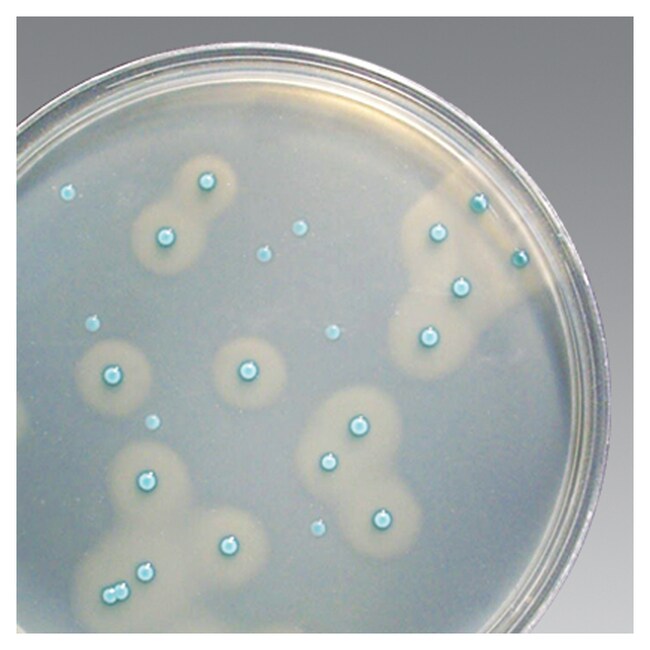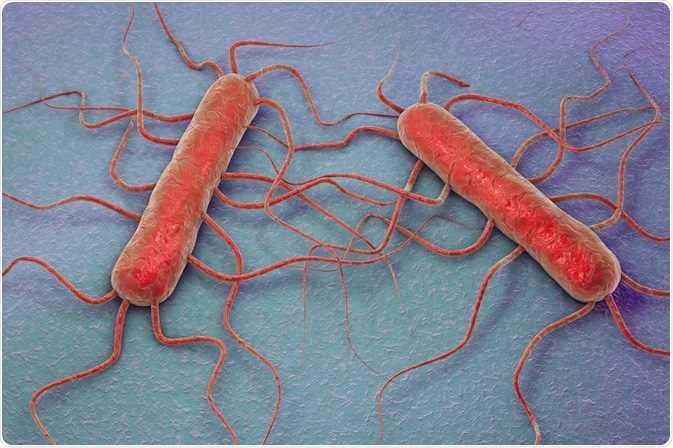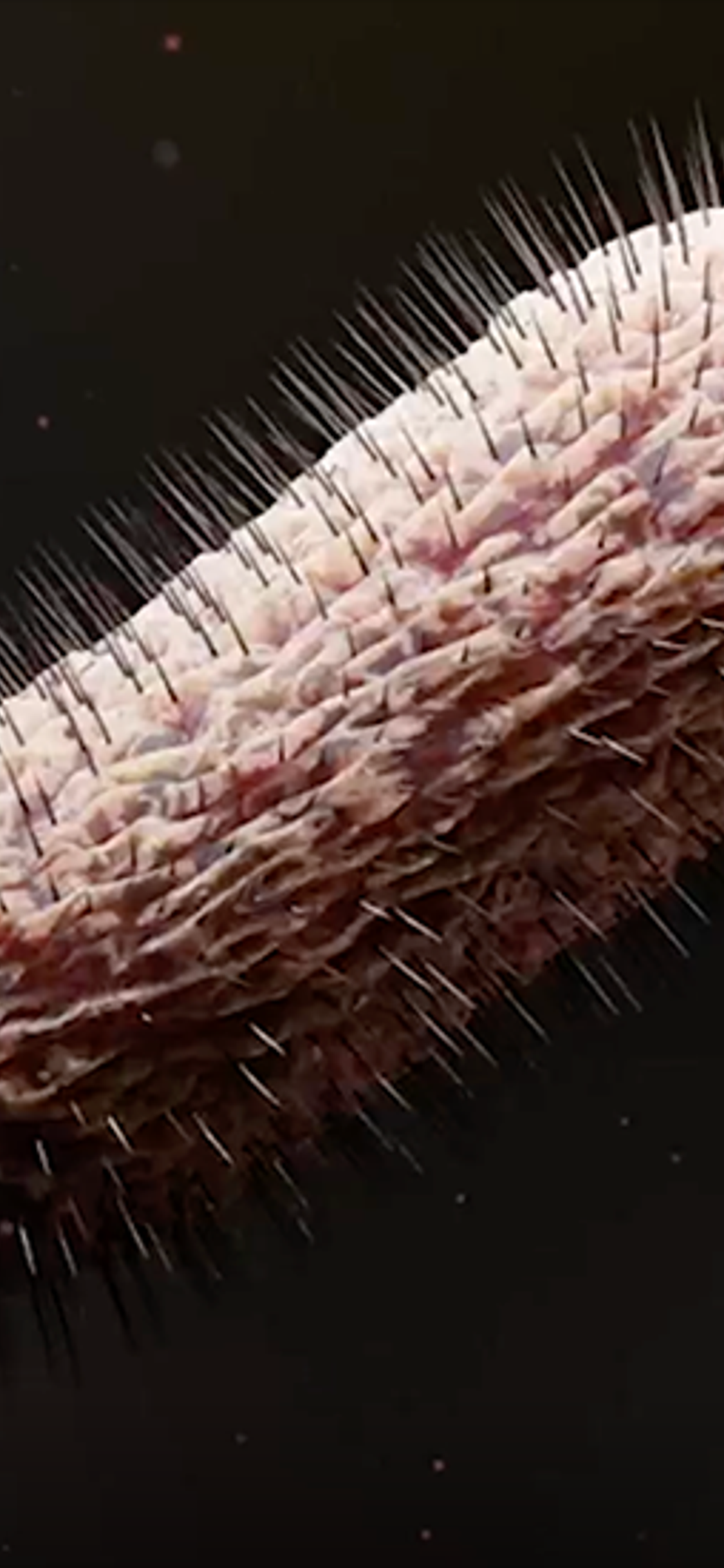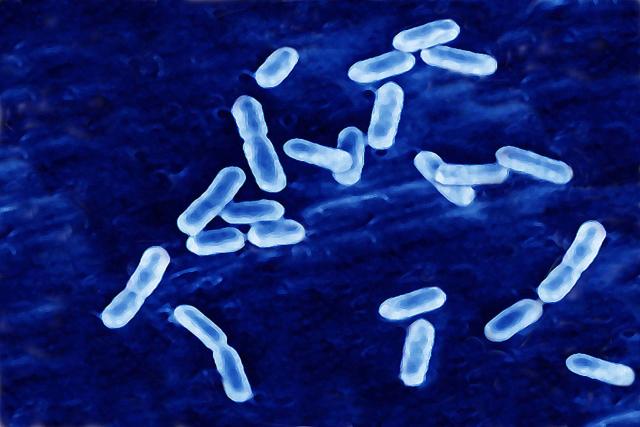Listeria
Listeria can also cause an intestinal illness. Monocytogenes is a species of pathogenic disease-causing bacteria that can be found in moist environments soil water decaying vegetation and animals and can.

Hygiena Launches All In One Listeria L Monocytogenes Detection Method Hygiena
Listeria bacteria live in soil water and animal feces.

. Most people with mild symptoms require no treatment. High risk foods include deli meat and ready-to-eat meat products such as cooked cured andor fermented. Healthy people rarely become ill from listeria infection but the disease can be fatal to unborn babies newborns and people with weakened immune systems.
Listeria species are Gram-positive rod-shaped and facultatively anaerobic and do not produce endospores. They can also live on food on food production equipment and in cold food storage. The genus is named in honour of the British pioneer of sterile surgery Joseph Lister.
Listeriosis is commonly spread by. Pregnant women the elderly or individuals with a weakened immune system such as people with immuno-compromised status due to HIVAIDS leukaemia cancer kidney transplant and steroid therapy are at greatest risk of severe listeriosis and should avoid high risk foods. This severe form called listeriosis is fatal for 20 of people who have it.
The major human pathogen in the genus Listeria is L. The signs could be. Listeria monocytogenes L.
Listeriosis is a relatively rare bacterial infection. Symptoms of intestinal illness usually start within 24 hours after eating food contaminated with Listeria and usually last 13 days. This kind of illness is rarely diagnosed because laboratories do not regularly test patient stool poop samples for Listeria.
Youll likely feel better after a few days without treatment if you have a healthy immune system. This happens most often with the very young the very old and people with weakened immune systems. Its most commonly caused by eating improperly processed deli meats and unpasteurized milk products.
Listeriosis is a serious but preventable and treatable disease. Listeria is a genus of bacteria that acts as an intracellular parasite in mammals. Listeria infection is a foodborne bacterial illness that can be very serious for pregnant women people older than 65 and people with weakened immune systems.
Until 1992 17 species were known each containing two subspecies. By 2020 21 species had been identified. More-serious infections can be treated with antibiotics.
Listeriosis is a serious infection usually caused by eating food contaminated with the bacterium Listeria monocytogenes. Symptoms of intestinal illness. The infection is most likely to sicken pregnant women and their newborns adults aged 65 or older and people with weakened immune systems.
It may have serious effects on pregnant people fetuses newborn babies people 65 or older and people who have weakened immune symptoms. Treatment of listeria infection varies depending on the severity of the signs and symptoms. During pregnancy prompt antibiotic treatment might help keep the infection from affecting the baby.
An estimated 1600 people get listeriosis each year and about 260 die.

Tips For Preventing Listeria Infection Everyday Health

23 Foods With Listeria Risk Symptoms Causes Treatment
:max_bytes(150000):strip_icc()/what-is-listeria-770289-FINAL-48974ed7922646b1b1d4b2fbbfd76976.png)
Listeria Symptoms Causes Diagnosis Treatment And Prevention

Affi Launches Listeria Control Specialist Certificate Program For Food Safety Management 2021 03 24
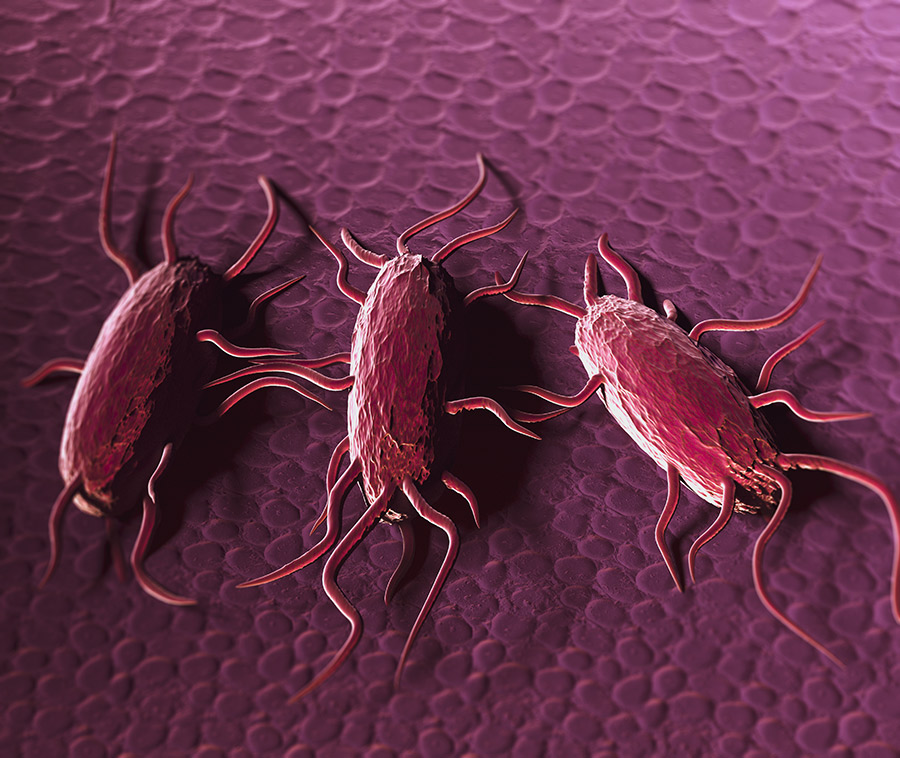
How Do Listeria Bacteria Move From The Intestine To Other Areas Of The Body

Amazon Com Giantmicrobes Listeria Plush Learn About Health Bacteria And Food Safety With This Unique Fun Gift For Family Friend Teachers Chefs Foodies Doctors Students Scientists And Public Health Toys
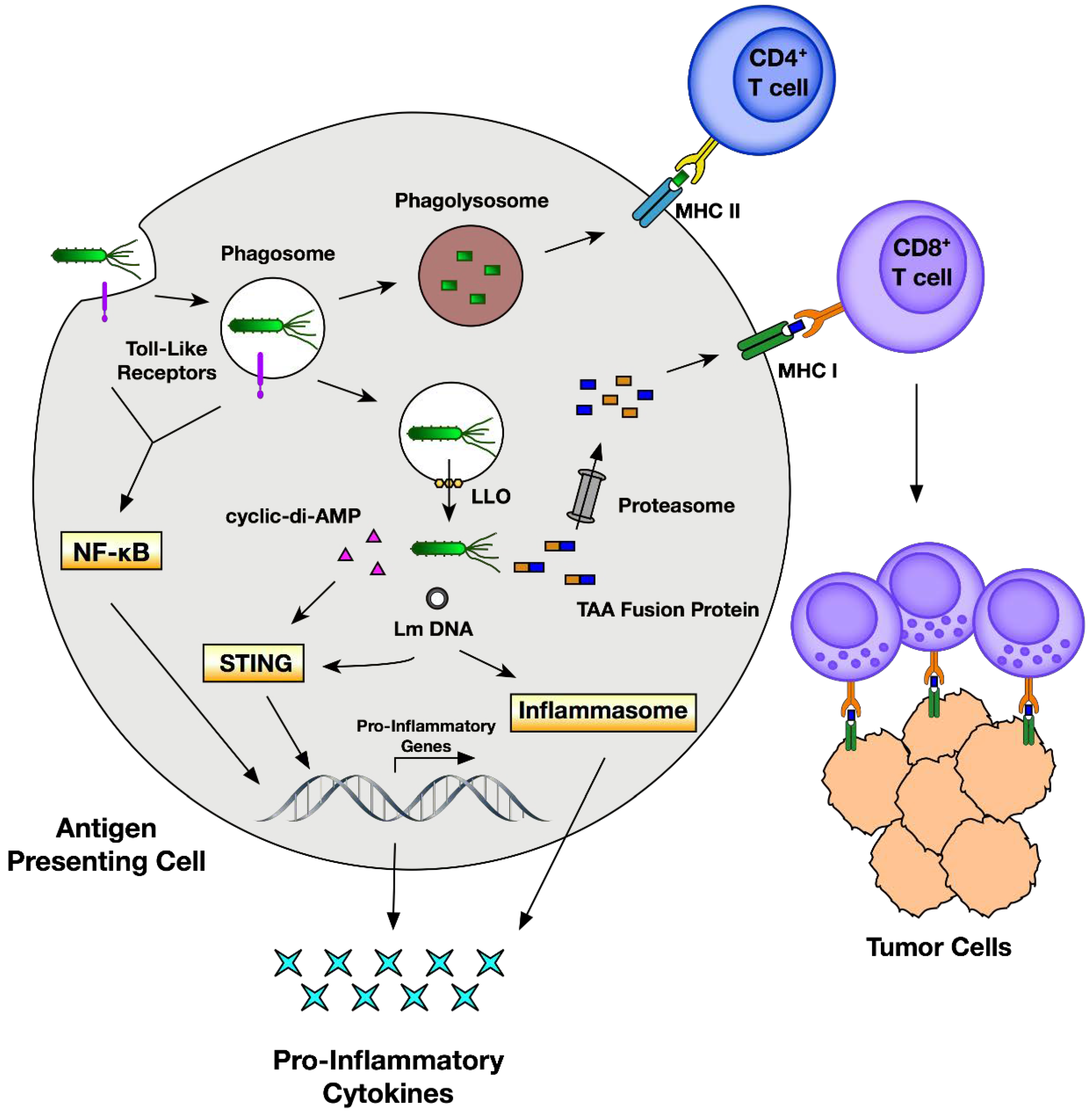
Vaccines Free Full Text Listeria Monocytogenes As A Vector For Cancer Immunotherapy Current Understanding And Progress

Listeria Poisoning Pearson Pearson

Fact Sheet On Listeria Examining Food

Listeria Its Most Common Hideouts And Where To Clean Vikan
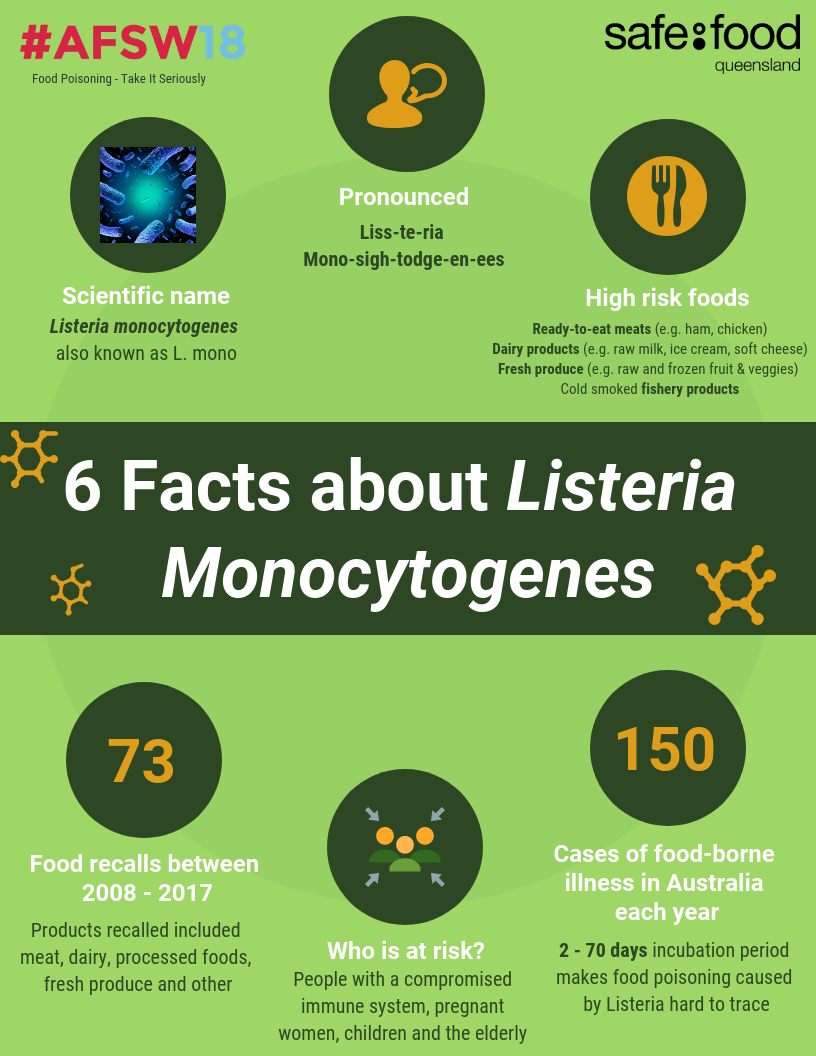
Infographic 6 Facts About Listeria Safe Food
